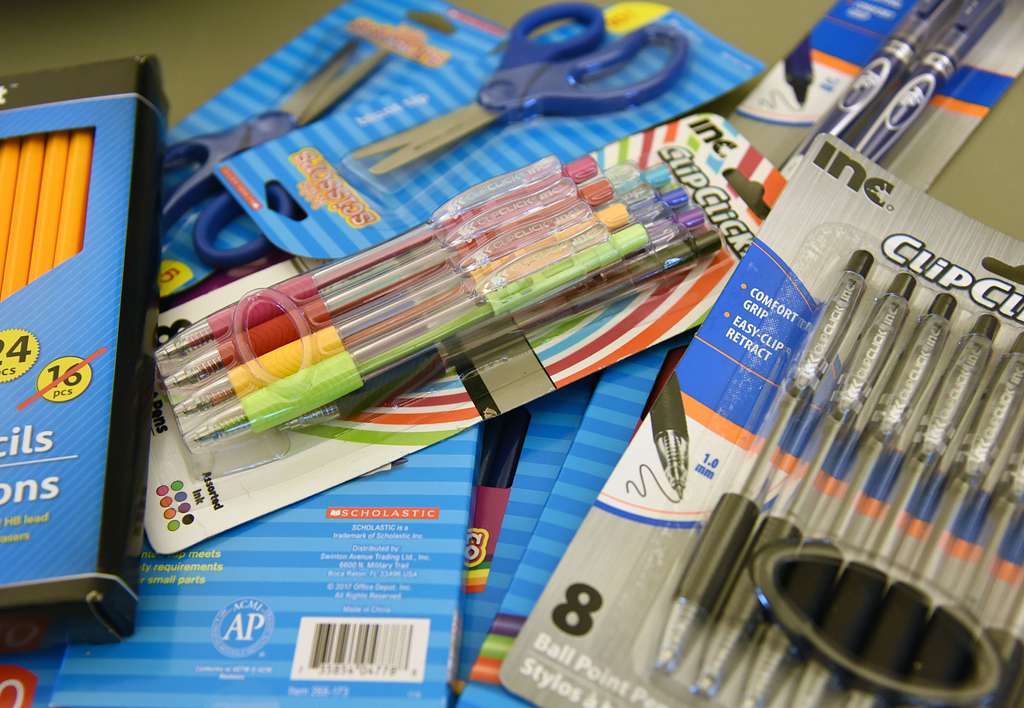As the new school year approaches, marked as it is by a historic teacher shortage in Quebec and the threat of a strike in the province’s public sector, a more insidious crisis is taking shape in the shadows. Working-class families across the country seem to be increasingly grappling with a growing problem: the inability to acquire essential school supplies for their children.
The cost of school supplies has skyrocketed over the past two years, with an estimated increase of 30%. According to a recent survey published by Abacus Data on August 17, Canadian parents say they expect to have to spend an average of $294 per child to meet their back-to-school needs in 2023. This situation is likely to weigh particularly heavily on single-parent and large families. Faced with this, many people will be forced to look for bargains in the flyers and turn to second-hand stores and community organizations.
According to the same survey, 80% of parents plan to actively hunt for discounts, while more than half plan to use their credit cards. These figures are cause for concern, given the debt levels of Canadian households, which stand at 186.2% of their available income. Despite these strategies, around a quarter of parents doubt their ability to purchase all the necessary items.
Inflation and rising prices for essentials such as food and housing are among the main factors putting pressure on family budgets. Nearly 70% of parents surveyed believe that the cost of essential products has a significant impact on their finances, while 76% consider that inflation also puts considerable pressure on their financial situation.
Across Canada, community organizations are doing their best to respond to this situation, highlighting the scale of the problem. A striking example occurred on August 24 in Cowansville, where the Centre de pédiatrie sociale en communauté Main dans la main distributed over 200 school bags containing school supplies and lunch boxes to young people in need.
With only 2,200 children in its metropolitan area, 9% of them needed emergency assistance to ensure they were ready for the new school year. This is hardly surprising for a community otherwise not known for its poverty – and this may just be the tip of the iceberg. We’ve seen these same scenes across the country, in Regina for example, where the North-Central Family Association (NCFA) also distributed hundreds of backpacks.
Community organizations are struggling to keep up with demand. According to Audrey Renaud, director of Opération Sac à Dos at Regroupement Partage in Montreal, the demand comes from “a mix of people who were already in precarious situations, new arrivals and the middle class who are completely deprived.” However, both federal and provincial governments seem to lack any concrete commitment to this growing problem. Despite one-off sums granted to Canadian workers, few medium- and long-term initiatives have been deployed to date. The lack of a sustainable approach is obvious, while needs continue to grow and the situation of working-class families worsens.


Be part of the conversation!
Only subscribers can comment. Subscribe to The North Star to join the conversation under our articles with our journalists and fellow community members. If you’re already subscribed, log in.